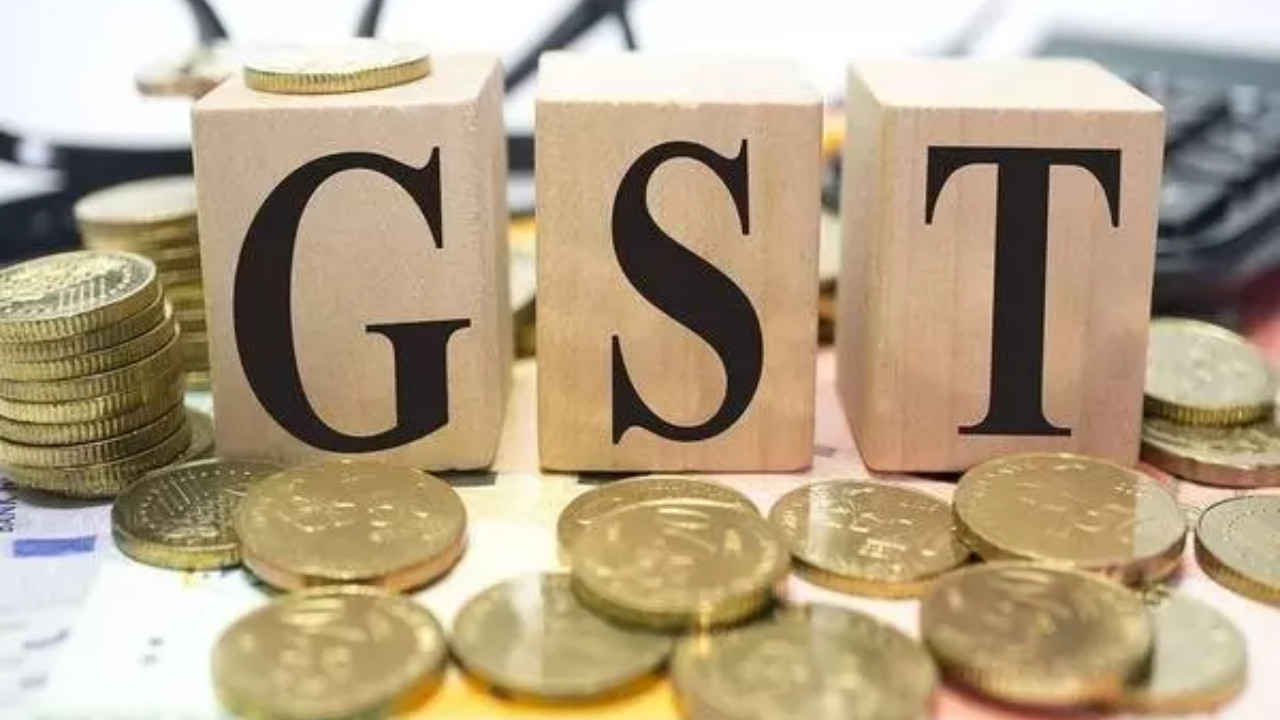A Sebi report reveals that 91% of individual traders in India’s equity derivatives markets lost money in FY25, despite regulatory efforts. While index options turnover has slightly decreased, volumes remain significantly higher than two years ago. Sebi is implementing stricter measures to enhance investor protection and market stability, addressing persistent losses among retail traders.
The Allure and the Abyss: Navigating the Risky Waters of Individual Trading
The stock market, a dynamic landscape promising fortune and fraught with peril, continues to draw in individual investors. We hear the success stories, the tales of overnight gains, but what about the flip side? A recent deep dive by SEBI (Securities and Exchange Board of India) paints a less rosy picture, one that demands attention and a healthy dose of caution, especially for those new to the game.
The study highlights a concerning trend: a staggering 91% of individual traders on the Indian stock market faced net losses in FY25. That’s not just a blip; it’s a stark warning sign flashing bright red. It begs the question: are we, as individual investors, truly equipped to navigate these volatile waters?
Unpacking the Numbers: A Closer Look at Trading Losses
The statistics are compelling, even jarring. While the dream of financial independence through trading is alive and well, the reality for most is a harsh awakening. The SEBI study dissected trading activity across various segments, including equity, derivatives, and commodities. The consistently high percentage of loss-making individual traders underscores the inherent risks involved. It also hints at a possible disconnect between the perceived ease of access to the market and the actual skill and knowledge required to succeed.
One key factor contributing to these losses is the prevalence of high-risk trading strategies. Many individual traders, lured by the potential for quick profits, delve into complex instruments like futures and options without a thorough understanding of the associated risks. This gamble, often fueled by incomplete information and emotional decision-making, frequently leads to substantial financial setbacks.
The Impact of Regulatory Measures on High-Risk Trading
In an effort to curb excessive speculation and protect vulnerable investors, SEBI implemented tighter regulations in October 2024. These measures, aimed at increasing margin requirements and enhancing risk disclosures, did have an initial impact. The study reveals a dip in overall trading turnover following the implementation of these curbs. This suggests that some of the more aggressive, high-frequency traders were indeed deterred by the increased costs and scrutiny.
Beyond the Bottom Line: The Psychological Toll of Trading
The financial implications of loss-making trades are obvious, but it’s important not to overlook the psychological burden. The constant pressure to perform, the fear of missing out (FOMO), and the emotional rollercoaster of market fluctuations can take a heavy toll on mental well-being. For many, trading becomes an all-consuming obsession, impacting their personal relationships, work performance, and overall quality of life.

Finding a Balanced Approach to Investing
So, what’s the takeaway? Should individual investors abandon the stock market altogether? Not necessarily. The key is to approach trading with a realistic understanding of the risks and a well-defined strategy. Here are a few crucial considerations:
* Education is paramount: Before diving into the market, invest time in learning the fundamentals of investing, risk management, and different trading strategies. Numerous online resources, courses, and books can provide valuable insights.
* Start small, think long-term: Avoid the temptation to bet the house on a single trade. Begin with a small amount of capital that you can afford to lose and focus on building a diversified portfolio over time.
* Understand risk tolerance: Accurately assess your risk tolerance and choose investments that align with your comfort level. Avoid chasing high-risk, high-reward opportunities if you are not prepared to handle potential losses.
* Develop a trading plan: Create a detailed trading plan that outlines your investment goals, risk management strategies, and entry and exit points for each trade. Stick to your plan and avoid making impulsive decisions based on emotions.
* Consider professional guidance: If you are unsure about any aspect of trading, consider seeking guidance from a qualified financial advisor. They can provide personalized advice and help you develop a sound investment strategy. Learn more about our financial planning services to see if we’re a good fit.
Navigating the Market with Informed Decisions
The stock market offers opportunities for wealth creation, but it also presents significant risks. The high percentage of loss-making individual traders highlighted by the SEBI study serves as a sobering reminder of the challenges involved. By prioritizing education, adopting a disciplined approach, and seeking professional guidance when needed, individual investors can navigate the market with greater confidence and increase their chances of achieving their financial goals. Remember, informed decisions are the best defense against the allure of quick profits and the abyss of significant losses.
URL Slug: risky-trading-losses







